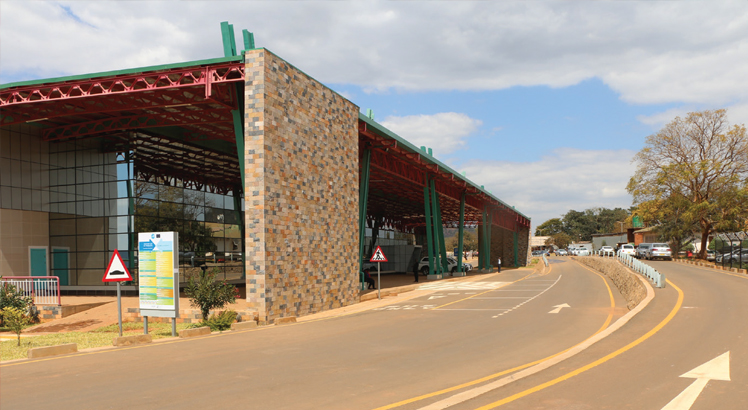Forex reserves still under pressure—RBM
The country’s foreign exchange reserves continue to be under pressure, with latest figures from the Reserve Bank of Malawi (RBM) showing a decline in both gross official and private sector reserves despite the tobacco dollars trickling in.
RBM figures show that gross official reserves, which are under the direct control of RBM, stood at $404.18 million (about K333 billion), an equivalent of 1.62 months of import cover in July. The figure is a drop from $424.99 million (about K348 billion), an equivalent of 1.70 months of import cover in June 2021.
The drop in the reserves position, according to Financial Market Dealers Association (Fimda), is a reflection of the increasing burden on the central bank to support the foreign exchange market with liquidity to smoothen the rate of depreciation or payment.

Fimda president Mclewen Sikwese said in an interview on Wednesday that the drop in the reserves position is a cause for concern as it shows the reduction in the resources at the disposal of the central bank to pay for government obligations and ensure they rein in volatility in times of limited foreign exchange liquidity on the market.
“A weak reserves position does not inspire confidence in the importers and exporters about the future value of the Malawi kwacha and, therefore, has the potential to increase speculation and lead to increased pressure for the kwacha to depreciate,” he said.
On his part, associate professor of economics at Malawi University of Business and Applied Sciences, Betchani Tchereni, said the depletion of the reserves could also be inflationary as the kwacha continues to depreciate in value.
“As we stand now, we should expect a further depreciation of the kwacha which will lead to inflationary pressures for most commodities. In the short-term, we need the monetary authorities to work swiftly and operate in the international foreign exchange market and buy derivatives which should be exercised every time we need the dollars,” he said.
The worsening reserves position and the depreciation of the kwacha is being experienced while sales of tobacco, touted as the country’s main foreign exchange earner, are in session.
Figures from the AHL Group show that the country has realised $188.6 million (about K153.89 billion) from the sale of 116.2 million kilogrammes (kg) of tobacco at an average price of $1.62 (about K1321.92) per kg in the 16 weeks of tobacco sales.
In the Third Monetary Policy Statement issued recently, RBM Governor Wilson Banda said the rate of increase in demand for foreign exchange has continued to surpass the supply required to finance it; hence, depleting reserves and depreciating the kwacha.





